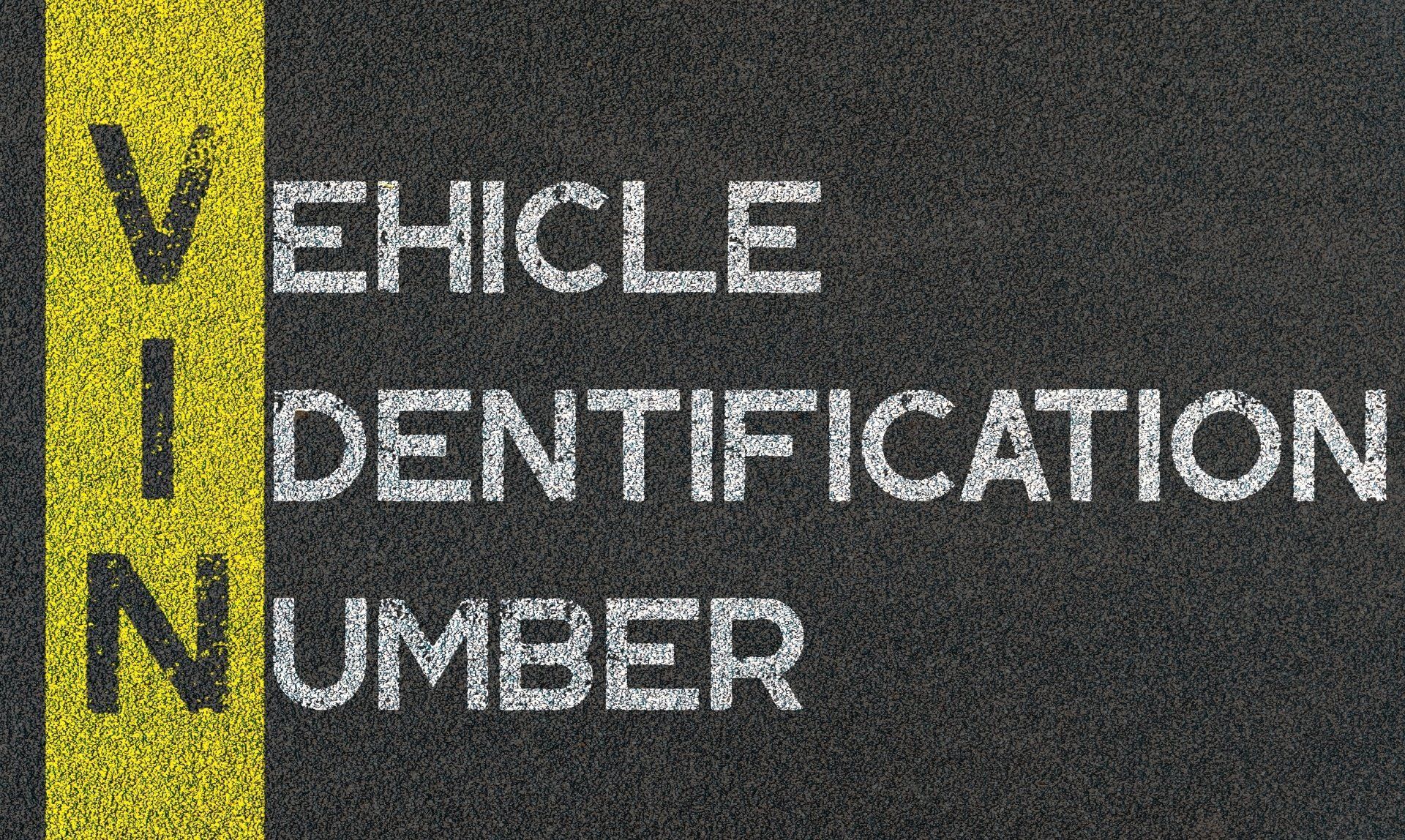Get Your Offer Today! Call 877-927-6093 for More Information
What Is a VIN and Why Is it Important for Your Vehicle?

As a vehicle owner, you’ve probably come across the term “VIN.” It’s likely you’ve been asked to provide this 17-character number to car dealerships looking for information about your vehicle. Maybe you’ve used it in online databases to gain valuable information about your vehicle’s history. But what exactly is a VIN number and when can it come in handy?
What Is a VIN Number?
A VIN (vehicle identification number) is a unique 17-character number assigned to every vehicle by its auto manufacturer. On the surface, a VIN may appear as just a random mishmash of numbers and letters. However, every VIN has a clearly defined purpose, which is to unlock valuable information about a vehicle’s history, such as manufacturing details, past or present recalls, ownership, repairs and accident history.
Your car’s VIN is comparable to a fingerprint or social security number—it can never be altered or replaced. For instance, even if you and your neighbor drive identical vehicles in terms of make, model and trim, each vehicle will be assigned their own unique VIN.
Why Are VINs So Important?
VINs become useful in several different scenarios.
Buying a Used Car
If you’re looking to buy a used car, looking up a vehicle’s VIN can give you valuable insight into its condition and prevent you from getting scammed. Let’s say you’re about to purchase a car from a private owner who (unbeknown to you) has tampered with the vehicle’s odometer. On the surface, it may seem like the car has low mileage. A VIN allows you to access the vehicle’s history report and see how many miles the car has accumulated. If the numbers don’t match, meaning the report shows a higher number than what’s displaying on the odometer, your best bet is to walk away from the sale and look for another car.
Keep in mind, a reputable dealership will never hide a vehicle’s VIN from you. In fact, they will provide you with the car’s history report so you can make an informed purchase.
Checking for Recalls
Your car’s VIN can also provide insight into any past or current recalls. Recalls are issued by auto manufacturers when it’s determined a vehicle is defective in some way and poses a safety risk. Any issues with a vehicle that stem from a recall should be promptly addressed and fixed at no expense to the owner.
Whether you’re shopping for a used car or already own one, use the vehicle’s VIN to check for any past or open recalls.
Your Car Has Been Stolen
Having your vehicle’s VIN on hand is useful in the event your car is stolen. Police can easily enter the VIN into several databases and use the information to locate and recover your stolen vehicle.
Where Is a Vehicle’s VIN Located?
Typically, you can find a car’s VIN in several different places:
- The driver’s side of the car where the windshield meets the dashboard
- The driver’s side door near the handle
- Underneath the spare tire
- On the transmission
- On documents like your insurance card, the car’s title or the registration card
Getting a VIN Check Before Purchasing a Second-Hand Car
You know where a VIN is located, but where can you input the number to obtain valuable information about a used car’s history?
If you’re buying your car from a dealership, they should provide you with a free vehicle history report, even if you end up not buying the car. If you’re buying a car from a private owner, you can get a free VIN check at websites like VehicleHistory.com or the National Insurance Crime Bureau.
Looking for a Reliable Used Car in Washington D.C. or Baltimore?
At Direct Car Buying, we offer a diverse array of competitively priced and high-quality used vehicles. Browse our vast inventory of used cars, trucks and SUVs to find your dream match.
To learn more, call 877-927-6093.
All Rights Reserved | Direct Car Buying | Privacy Policy



